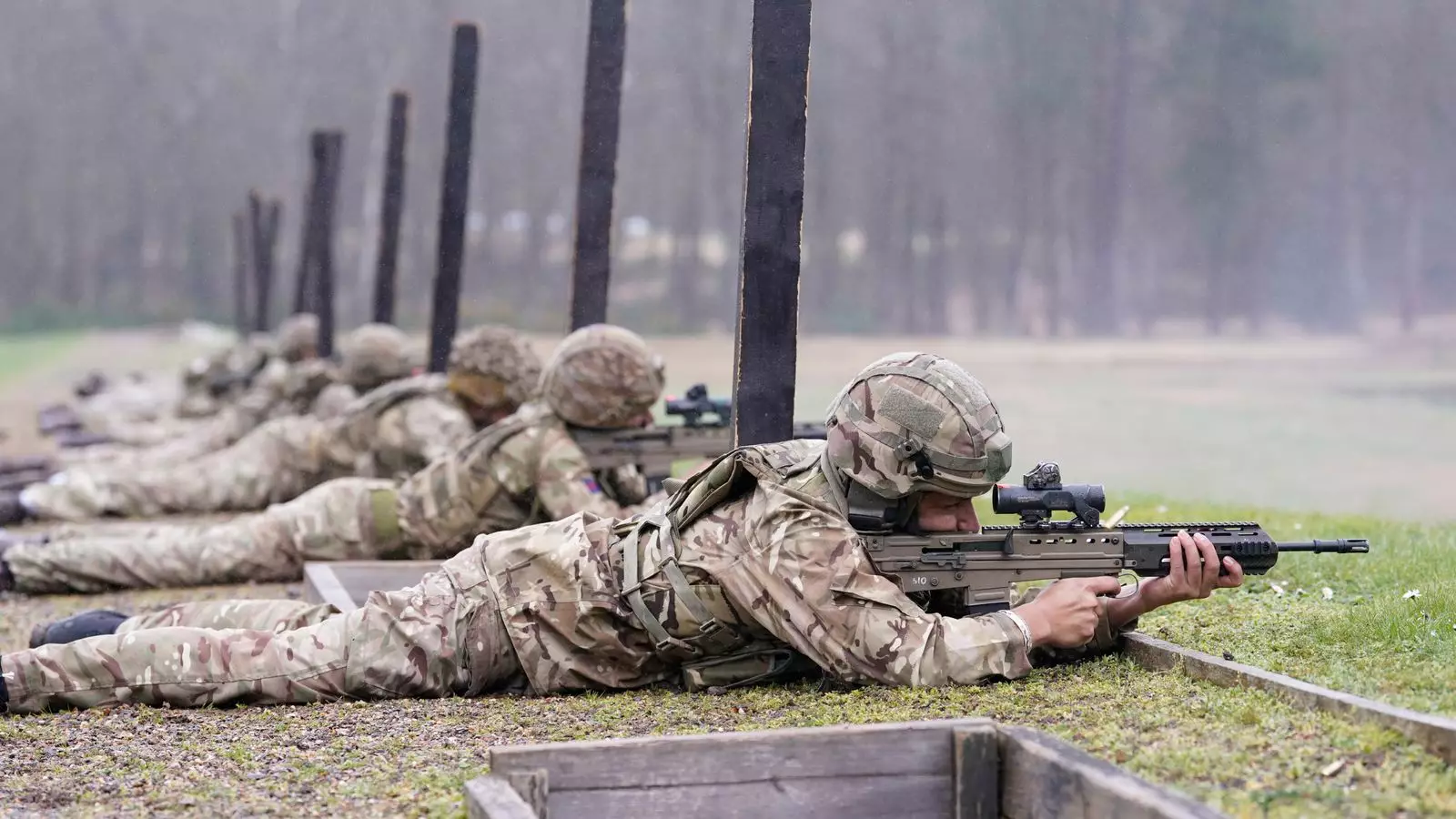James Heappey, a former defence minister, has warned that the UK is far behind in preparing the nation for war. He highlighted how many departments declined to participate in a crucial exercise to practice evacuating to a bunker in the event of war. This lack of engagement showcases the disconnect between officials in Whitehall and the reality of armed conflict.
Lack of National Plan
Sky News recently revealed that the government lacks a national plan for the defence of the UK or the mobilisation of its people and industry in a war despite escalating threats of conflict. This absence of preparedness is concerning, especially as the UK has moved into a “pre-war world”. A shift back to a Cold War-style footing would require a genuine national effort, with political leaders taking the lead.
Heappey emphasized the need for a new focus on strategic resilience, including securing food and energy supplies, repurposing industry for weapon production, and increasing defence spending. He pointed out that global instability is on the rise, making it crucial to prepare for potential conflicts effectively. Only through proactive measures can the chance of peace be maximised.
Lessons from Sweden
Heappey commended Sweden for its preparedness in educating its citizens about potential conflict. He shared the example of receiving a booklet from the Swedish civil defence minister, outlining what citizens should do in times of war. This proactive approach contrasts sharply with the UK’s lack of preparedness and highlights the importance of involving the entire nation in war efforts.
The former minister mentioned how during the Cold War, all secretaries of state had desks and beds ready in bunkers as their departments were integral to the war effort. However, this practice has faded over the years, leaving many cabinet ministers unaware of their designated bunker locations. With renewed threats from Russia, the Middle East, and China, it is essential to reinstate these Cold War practices to ensure national preparedness.
Outdated Bunker Network
The UK once had an extensive network of bunkers built during the Cold War to maintain regional governments’ operations in the event of a nuclear attack. However, most of these bunkers fell out of use in the 1990s as the Cold War ended. The lack of upkeep and modernization of these facilities reflects the overall complacency towards national defence and preparedness.
The UK must urgently address its lack of preparedness for potential conflicts by adopting a whole-of-government approach. Strategic resilience, increased defence spending, and a renewed focus on Cold War practices are essential to maximize the chance of peace. Learning from the examples of other nations, such as Sweden, can provide valuable insights into effectively preparing the entire nation for war. It is time for the UK to prioritize national defence and mobilization efforts to ensure the safety and security of its people in an increasingly uncertain global landscape.


Leave a Reply